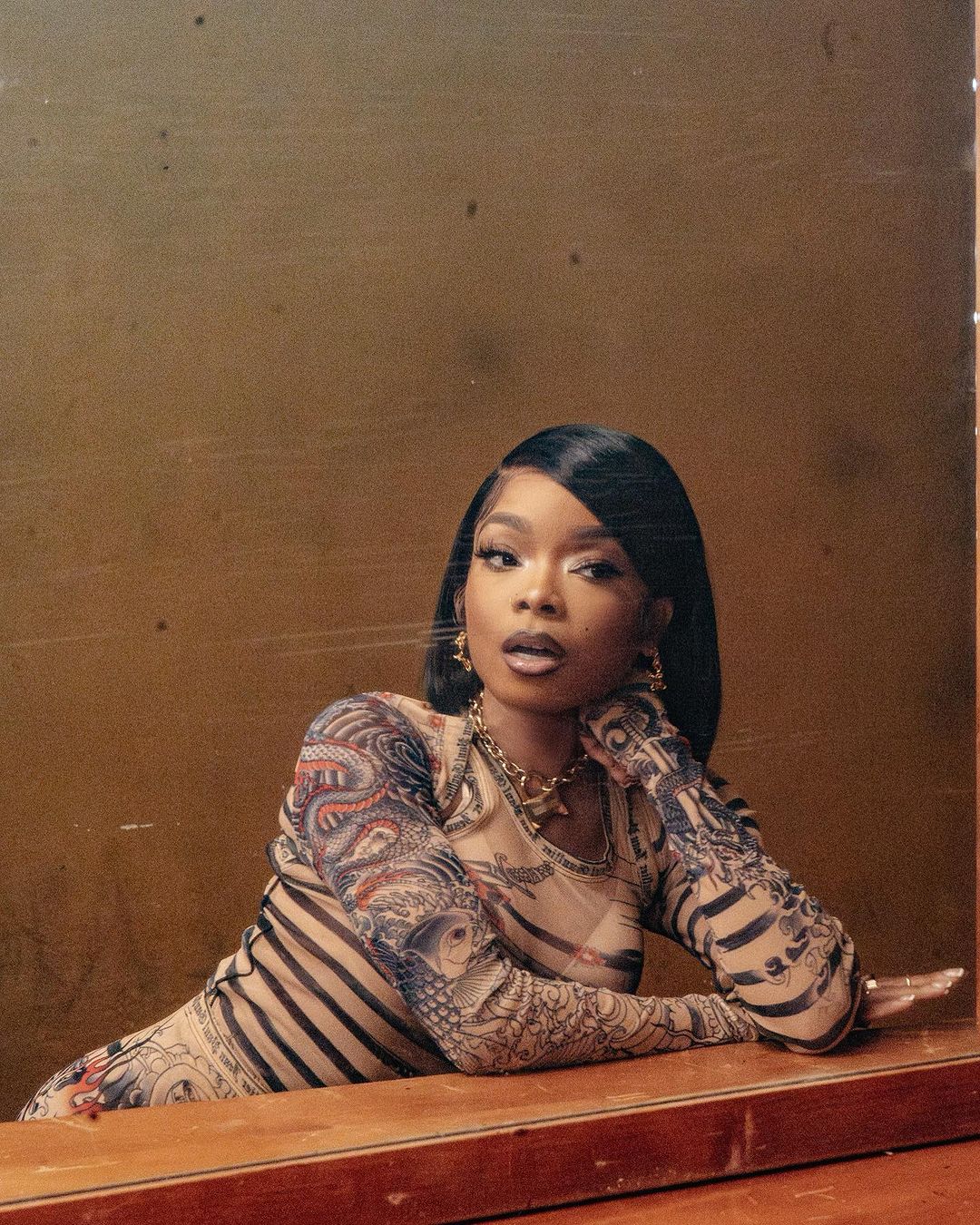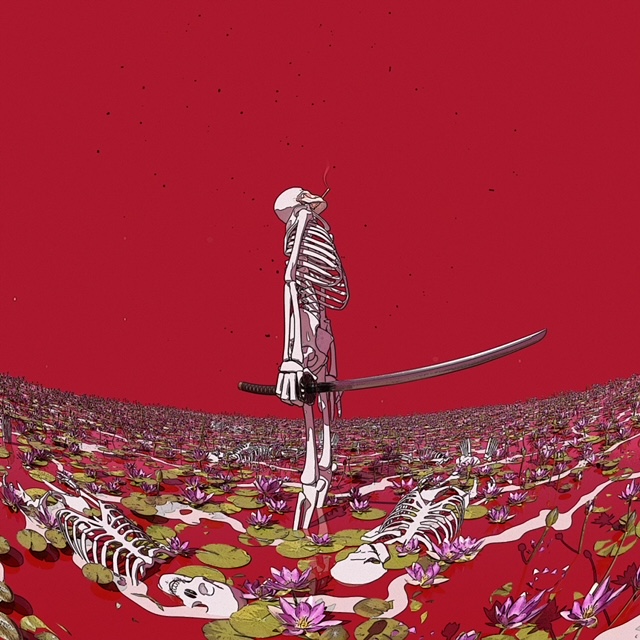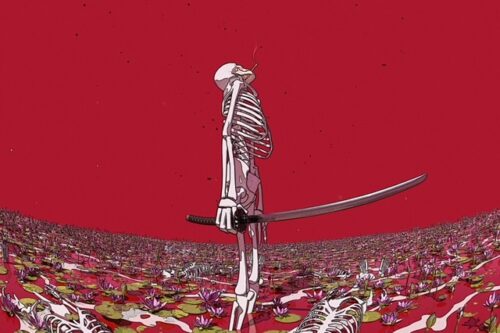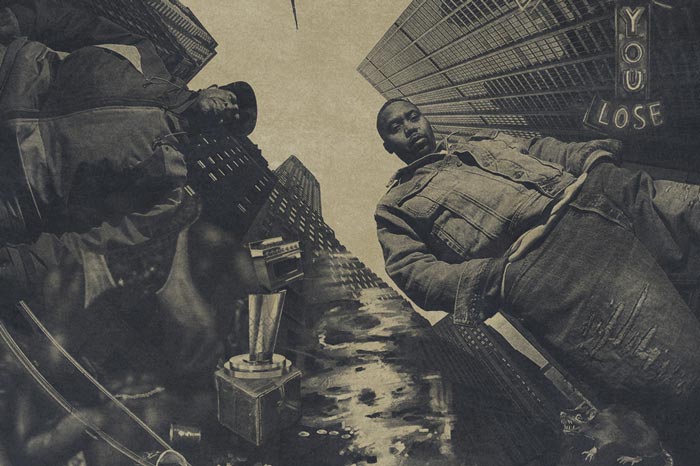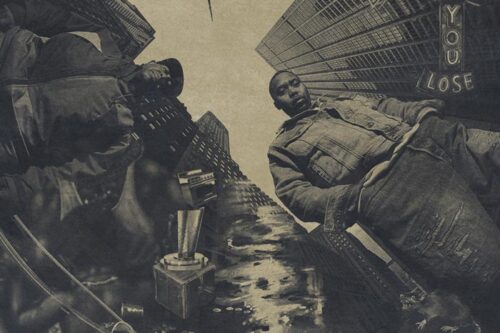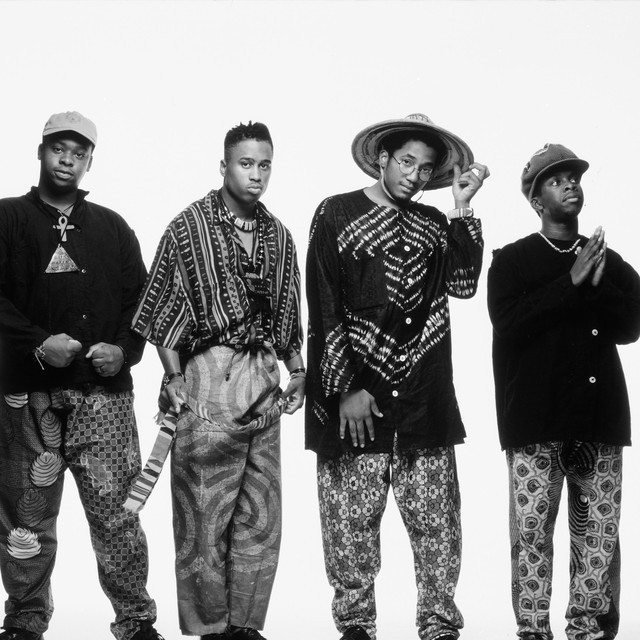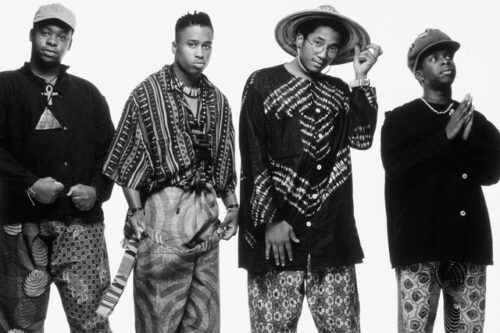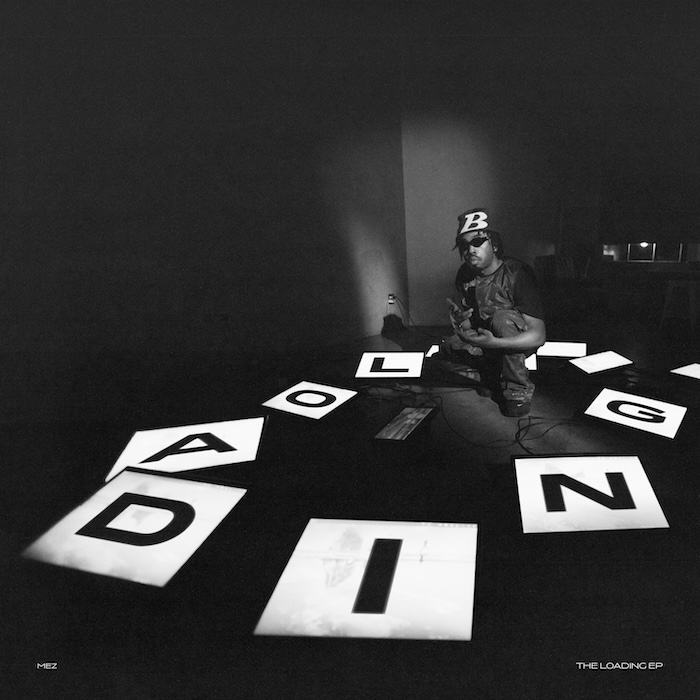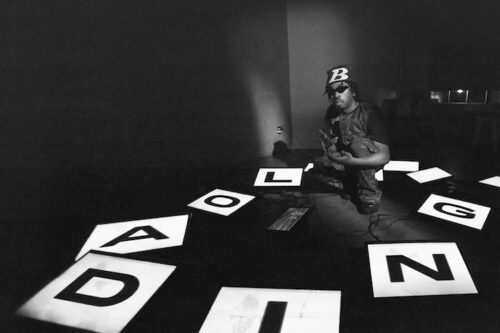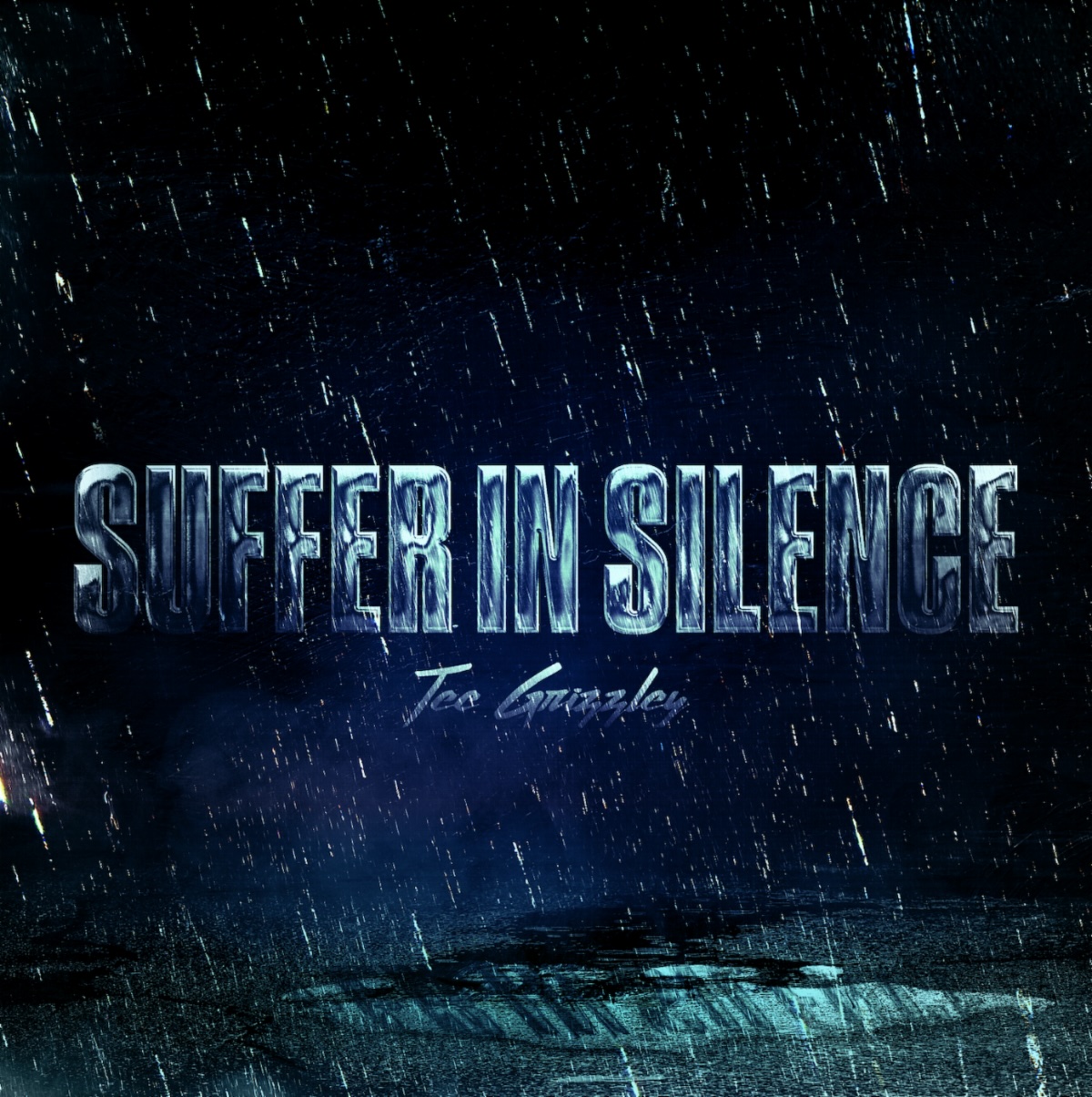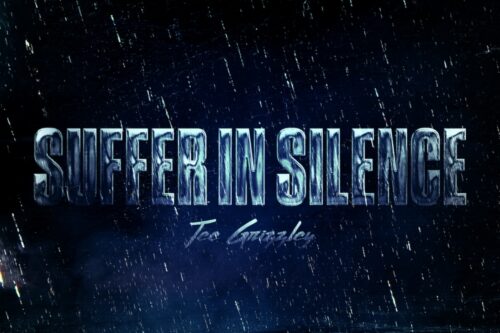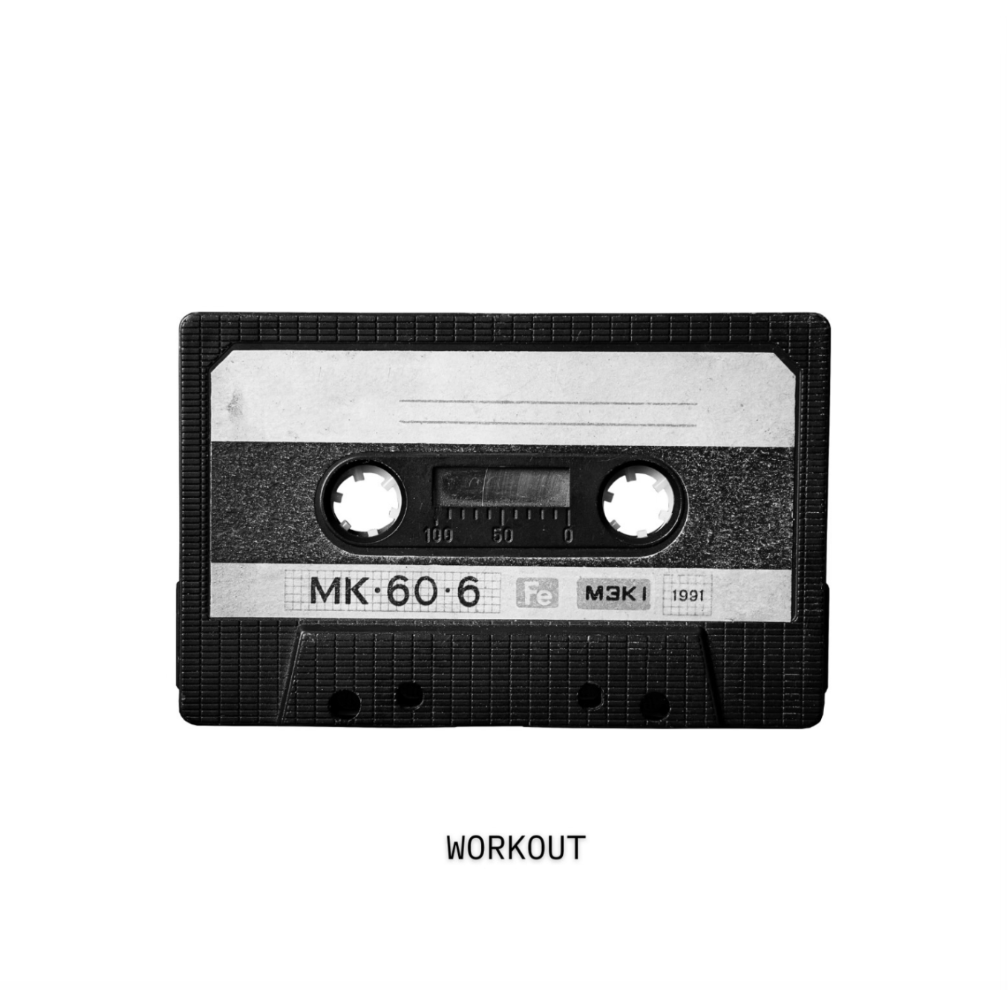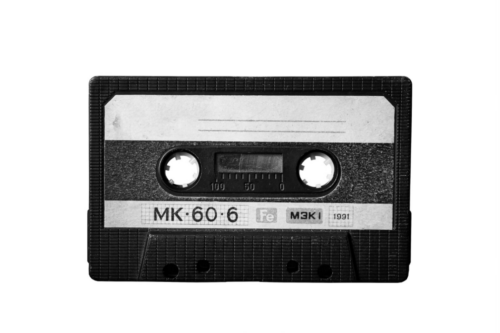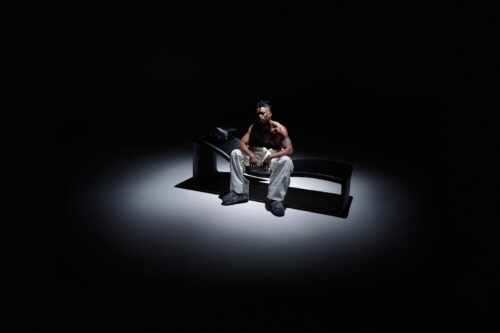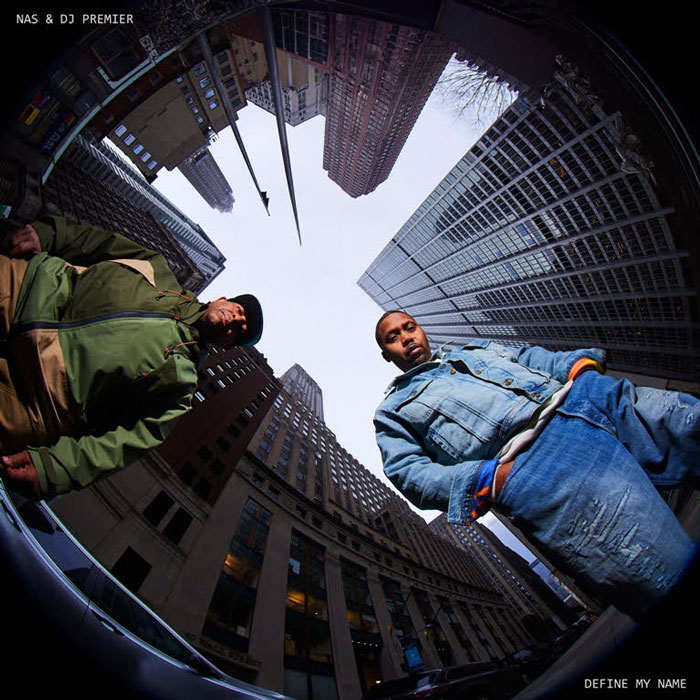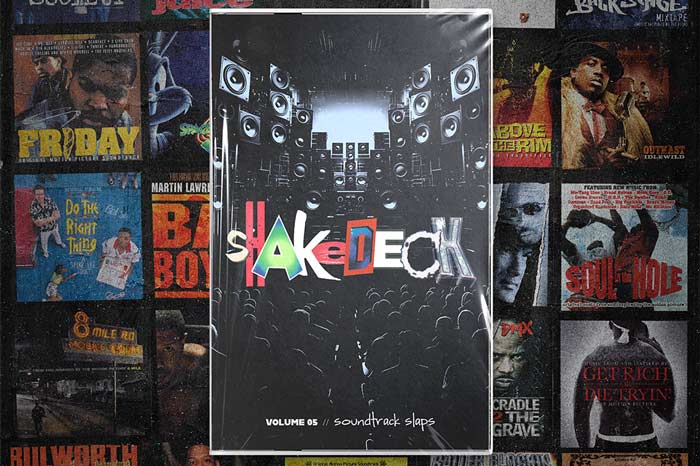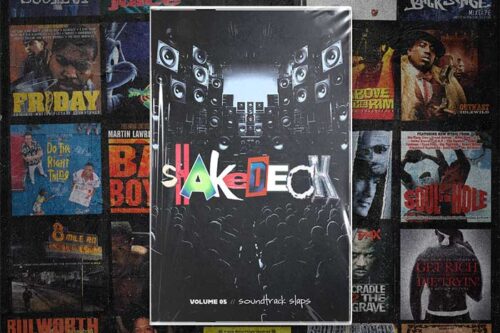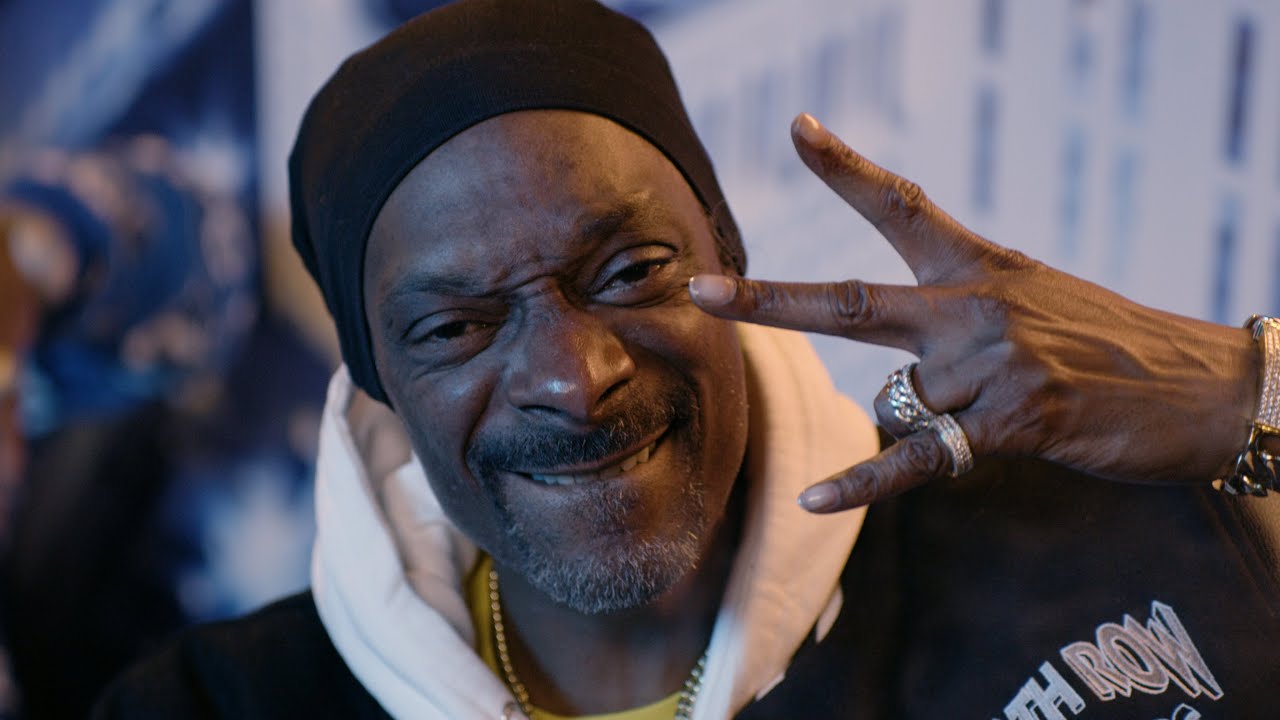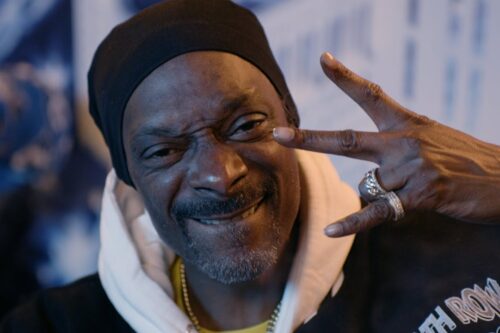
Over the weekend, Lifetime debuted Surviving Compton, the made-for-TV biopic that documented Michel’le’s relationship with Dr. Dre and Suge Knight. It was a response of sorts to Dr. Dre leaving the entirety of his relationship with the R&B singer out of the critically acclaimed Straight Outta Compton and depicted an unflattering version of Dr. Dre as a physically and verbally abusive boyfriend. The same goes for Suge Knight, but most people were disgusted by the actions of Dr. Dre.
Once the film aired, social media lit up and targeted a ton of vitriol at Dr. Dre for the violence depicted in the film. In just about every scene that Dr. Dre (Curtis Hamilton) shared with Michel’le (Rhyon Nicole Brown) there was some sort of abuse. It was to the point where it was almost inconceivable that an individual could be that abusive. From shooting a gun at her to giving her a gut punch on the set of her music video, Dr. Dre was depicted as a monster. Which was a complete 180 from the man shown in last year’s N.W.A. biopic.
Although the amount of violence may have been over the top, Dr. Dre and his history of violence with women was something that has been discussed well before Surviving Compton. Alas, it was still a shock to the system to see just how bad it was.
But after seeing the film, should we change our opinion of the man who many consider the greatest producer in the history of hip-hop?
Is a boycott of all things attached to Dr. Dre in order? Quite a few people on social media believe so. But if that’s your answer, my question is simply this:
Why now?
While any form of abuse against women should be viewed as a heinous and cowardly act, why are we acting like this is new information? Dr. Dre’s history of violence against women was something that was heavily discussed when Straight Outta Compton was released. But nobody acted like they did now. Why? Because we saw it in a movie, that’s why. But why are we treating a Lifetime movie like the gospel?
There is Dr. Dre’s story, which was to completely omit Michel’le from the narrative of Straight Outta Compton. And then there is Michel’le’s story, which is a dramatic re-enactment of this period in time where Dr. Dre is depicted as the most heinous human alive each and every single time his character appears on screen. In one film, Dr. Dre is a nice guy who is trying to do the right thing for his musical career. In the other, he’s an ass kicking machine full of vitriol and a distaste for the opposite sex.
Both aren’t 100% based in fact.
But the truth of who Andre Young is exists somewhere in the middle.
It’s much easier to believe that Dr. Dre was guilty of every physically and verbally abusive moment depicted in the film just as it is easy to discredit everything Michel’le set forth in her film. What’s difficult for most people is to believe that the truth is somewhere in the middle.
What’s important here is the way Dr. Dre handles this moving forward. In the short attention span era, he can simply hope it all goes away, like most things do. If he ignores it, he might be successful. However, something tells me that this isn’t the last we will hear of Dr. Dre’s previous violence towards women. So, because of that, he needs to handle this with empathy and not that bullshit apology letter he issued to the fans instead of the alleged victims.
“Twenty-five years ago I was a young man drinking too much and in over my head with no real structure in my life,” Dre said in a statement to the New York Times last August. “However, none of this is an excuse for what I did. I’ve been married for 19 years and every day I’m working to be a better man for my family, seeking guidance along the way. I’m doing everything I can so I never resemble that man again.
I apologize to the women I’ve hurt. I deeply regret what I did and know that it has forever impacted all of our lives.”
While this is a fine letter vaguely acknowledging his previous transgressions, what followed around the time Surviving Compton was released is where it all becomes problematic. When Dr. Dre caught wind of Michel’le’s documentary, he and his team threatened legal action regarding the scenes that depict him assaulting her, which he denies.
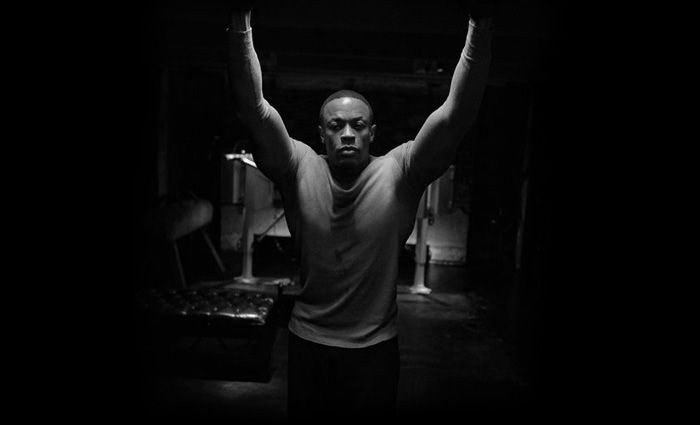
Granted, this was a Lifetime movie. The same network that made Aaliyah: The Princess Of R&B, the wretched Whitney Houston film along with a number of notoriously bad biopics. And, perhaps more important, is the fact that Lifetime movies never play it down the middle. There is a clear bias. Watch the Amanda Knox or Casey Anthony biopics for proof. Lifetime isn’t a network out to win Golden Globe awards. Instead, they eagerly take creative liberties with their source materials to create a dramatically campy narrative that is built to entertain more than educate? Since when did we ever take a Lifetime movie seriously.
Not to discredit Michel’le’s account of her relationships with Dre and Suge, but I’m pretty sure that Lifetime suggested to streamline the abuse and eliminate any moments that don’t cause drama. Because, like with any film, the nuances aren’t as important as keeping your audience engaged. So to use Surviving Compton as some sort of history guide that runs down Dr. Dre and Suge Knight’s abuse of Michel’le is downright silly.
There were some other questionable things going on in the movie such as Jerry Heller and Eazy E constantly advising Michel’le to leave Dr. Dre and admonishing him whenever he hit her. For a group that disrespected women on the regular, it seems a little hard to believe that N.W.A. was unhappy with Dre’s treatment of Michel’le. But Ice Cube, DJ Yella, MC Ren & Eazy E are little more than bystanders who abhor Dre’s treatment of Michel’le. Oh yeah, and Suge Knight punking out Tupac seems like a stretch.
A more egregious error was the scene when Michel’le was sitting on the couch with Suge Knight as they watched the news with the headline “Tupac shot.” Uh, wasn’t Suge in the car with Tupac? Wasn’t he grazed by a bullet? How the hell could he be on the couch with Michel’le?
Furthermore, the story is almost too one-sided. It’s as if Michel’le never did anything but get beat up by Dre and Suge. She showed up, fell in love with music and men, and was abused by both. It’s not humanizing. It would have been nice to know more about Michel’le. How about giving us more background on her unique voice? Or, how about anything more than just being a punching bag. She deserved better. But, again, this is no fault of the victim (or, maybe it is because she signed off on it), it’s a gotdamn Lifetime movie. But I digress…
Dr. Dre’s life could be recognized as a comeback story of sorts. One where a man admits his guilt, doesn’t defend his past actions and says he learned his lessons to become a better individual. And we love a good redemption story just as long as the person admits their guilt.
But when you deny what happened without any empathy for those you hurt, then you are simply digging yourself a grave that you may not be able to claw your way out of. Even if Dr. Dre didn’t abuse Michel’le as much as the film depicted, it would be wise for the legendary producer to take his lumps because I’m 99.9% sure there are things that haven’t come to light yet that probably will as long as he continues to fight against the people he wronged in the past.
It’s almost similar to the Nate Parker situation that had many in the African American community turn their collective backs on his powerful The Birth Of A Nation film.
In Parker’s case, where a rape scandal from nearly 20 years ago resurfaced, it wasn’t so much that he possibly made a terrible mistake (one he was acquitted of, no less), it was the way he handled the situation when it was brought to light before his film premiered in theaters. Parker needed to recognize that his past is someone else’s present so, fair or unfair, he needs to handle the matter with empathy. To essentially bark “I was acquitted, leave me alone” isn’t good enough in an era where you are tried by everyone on the internet. Guilty or not, his approach was all wrong.
The same goes for Dr. Dre. An attempt to completely discredit Michel’le and unequivocally deny that he laid hands on her is the wrong approach. That’s not how you show growth. Dre knows he’s probably done things far worse than will ever be made public, so it’s probably best that he admits his wrongdoing and publicly apologizes to those that he hurt.
But for everyone who is so disgusted with Dre’s actions to the point that they want to boycott anything he is tied to, the question remains: “Why now?” Dee Barnes was clearly beatdown in front of people by Dr. Dre in 1991 for essentially nothing. There was no relationship hidden behind closed doors nor was there a “he say, she say” aspect. But we weren’t nearly as mad as we are now. Better yet, we’re only upset for a brief amount of time and got over it until a Lifetime movie came out. Not a documentary, a Lifetime movie.
The problem is that we’re not consistent with our vitriol. We’ll be mad one day and forget about it the next. R. Kelly only disgusts us until he makes a banging ass song. Never mind that this guy has a track record of being a child predator. But it’s all good when “Happy People” comes on, right?
Inconsistencies.
If our opinion is to shift on Dr. Dre, then we must be consistent. If you’re going to hold his feet to the fire for Michel’le then the same should have been done for Dee Barnes, Lisa Johnson and Tairrie B, who have all been beat by Dr. Dre.
People make mistakes and some are worse than others. But domestic violence is domestic violence, no matter how you slice it. If you’re mad about what happened Michel’le, you should be just as mad about everyone one else who has been a victim of domestic violence.
It shouldn’t take a Lifetime movie for us to make a call to action.

